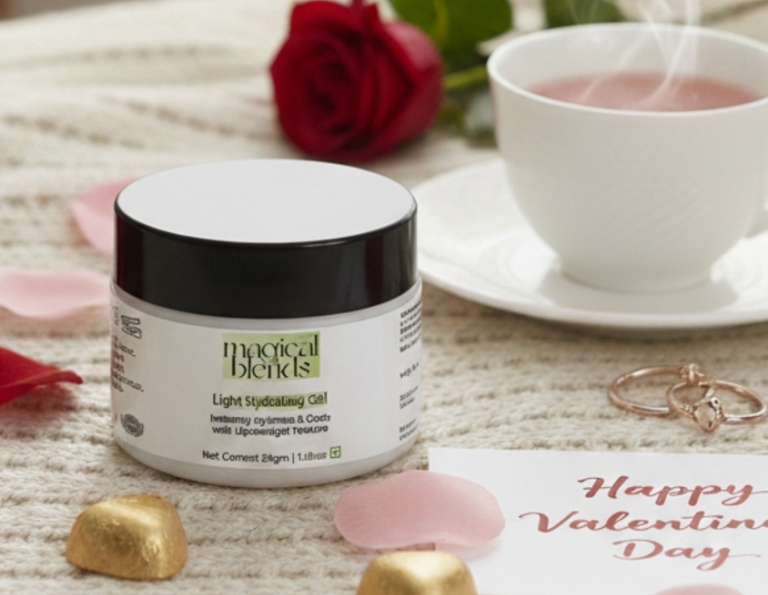In the whirlwind of career, family, and life goals, most women in their 30s and 40s tend to ignore one crucial aspect of their well-being — hormonal health. Unlike our 20s, this phase is marked by subtle but significant shifts that impact mood, energy, weight, skin, and even mental clarity.
Yet, it’s rarely talked about.
As women enter their 30s, estrogen and progesterone begin to fluctuate, often leading to irregular periods, increased PMS, and fertility concerns. By the 40s, perimenopause quietly begins, sometimes 8–10 years before actual menopause, bringing symptoms like fatigue, anxiety, hot flashes, low libido, and sleep disturbances.
What makes this more challenging is the lack of awareness and open conversations. Most women attribute these changes to stress or aging, without realizing their hormones are trying to tell them something.
Nutritionist and hormone health expert, Dr. Dimple Jangda, stresses, “Your hormones are messengers. Listen to them. Don’t just treat symptoms — find the root cause.”
Small lifestyle changes like a balanced diet rich in healthy fats, strength training, quality sleep, stress management, and regular health checkups can make a big difference. Monitoring thyroid, insulin, cortisol, and reproductive hormones yearly becomes essential.

According to Mr. Rohit Waghmare, Nutritionist” you’ll experience some hormonal changes that will gradually affect your metabolism, mood, and overall sleep. The good news is that you should have a balanced nutrition involving an adequate amount of protein, healthy fats, and micronutrients will help manage these changes for you to feel energized regularly. Consistency! It’s about making small choices day to day“
Most importantly, women need to talk — to their doctors, their friends, and their daughters.
It’s time we normalise conversations about perimenopause, PCOS, mood swings, and mid-life changes — not just in clinics, but at coffee tables and community spaces.
Your 30s and 40s don’t have to feel like a hormonal roller coaster. With the right information and support, this phase can be one of the most empowered and self-aware chapters of a woman’s life.
The gradual reduction and change in hormone levels, particularly after 35, results in a
reduction in muscle mass and a slowdown in metabolism. Unfortunately, the reduced
metabolism not only slows down, but it also makes it easier to gain weight, sometimes
even with a consistent diet. Staying active and incorporating strength training
significantly helps in minimizing these effects, says Kanikka Malhotra, Clinical Dietitian
Dr. Malini Saba, psychologist says, “No one really tells you what hormones do to your mind in your 30s and 40s. You hear about the physical side — the weight changes, the hot flashes, the irregular cycles – but not about that strange moment when you suddenly don’t feel like yourself anymore. One day you’re calm, the next you’re on edge for no reason, or you find yourself overthinking at 3 a.m. As a psychologist, I know this isn’t you ‘losing control.’ It’s your body’s chemistry changing, and it affects everything — your moods, your patience, mindset and even how you see yourself. The sad part is, so many women go through this quietly, thinking it’s something they should just ‘handle’ on their own.
Let’s break the silence. Hormones matter.
-Ws Team








